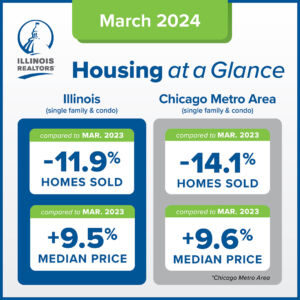January is Radon Action Month and the perfect time to make testing for radon a New Year’s resolution.
Why test your home for radon? Test to determine your risk of radon-induced lung cancer. The U.S. Surgeon General stated: “Indoor radon is the second-leading cause of lung cancer in the United States and breathing it over prolonged periods can present a significant health risk to families all over the country.”
Radon is a naturally occurring, colorless, odorless radioactive gas that comes from the radioactive decay of uranium in the soil and is the first leading cause of lung cancer for non-smokers. Radon enters buildings because of air pressure differences between the building and the outside air. It enters through openings between the interior and the soil such as crawl spaces, floor and wall joints and cracks.
The largest exposure to the public from radiation comes from radon, which is also a Class A known human carcinogen. Radon and Radon Decay Products (RDPs) are breathed in and the radon is exhaled. RDPs remain in lung tissue and are trapped in the bronchial epithelium and emit alpha particles which strike individual lung cells and may cause physical and/or chemical damage to DNA. The U.S. Environmental Protection Agency (USEPA) estimates radon causes about 21,000 lung cancer deaths per year.
The Illinois Emergency Management Agency Radon Program and USEPA estimate that as many as 1,160 Illinois citizens are at risk of developing radon-related lung cancer each year.
Take action and test your home this year. You can purchase test kits from a hardware store, department store or find a list of laboratories on the Illinoie Emergency Management Association website, www.radon.illinois.gov.
Hire a licensed radon measurement professional if you are involved in a real estate transaction. While the occupant of a home can test their own residence, anyone providing a service to test or reduce radon levels must be licensed with the Illinois Emergency Management Agency Radon Program. (Editor’s note: The Illinois Radon Awareness Act requires that before a buyer will become bound on a contract to purchase real estate the seller will be required to provide a pamphlet entitled “Radon Testing Guidelines for Real Estate Transactions” and the Illinois Disclosure of Information on Radon Hazards. The pamphlet is provided by the Illinois Emergency Management Agency Division of Nuclear Safety.)
More questions? Visit www.radon.illinois.gov or www.takeactiononradon.uiuc.edu or call the radon hotline at 1-800-325-1245.




 Create professional development programs that help REALTORS® strengthen their businesses.
Create professional development programs that help REALTORS® strengthen their businesses.
 Protect private property rights and promote the value of REALTORS®.
Protect private property rights and promote the value of REALTORS®.
 Advance ethics enforcement programs that increase REALTOR® professionalism.
Advance ethics enforcement programs that increase REALTOR® professionalism.
 Protect REALTORS® by providing legal guidance and education.
Protect REALTORS® by providing legal guidance and education. Stay current on industry issues with daily news from Illinois REALTORS®, network with other professionals, attend a seminar, and keep up with industry trends through events throughout the year.
Stay current on industry issues with daily news from Illinois REALTORS®, network with other professionals, attend a seminar, and keep up with industry trends through events throughout the year.






